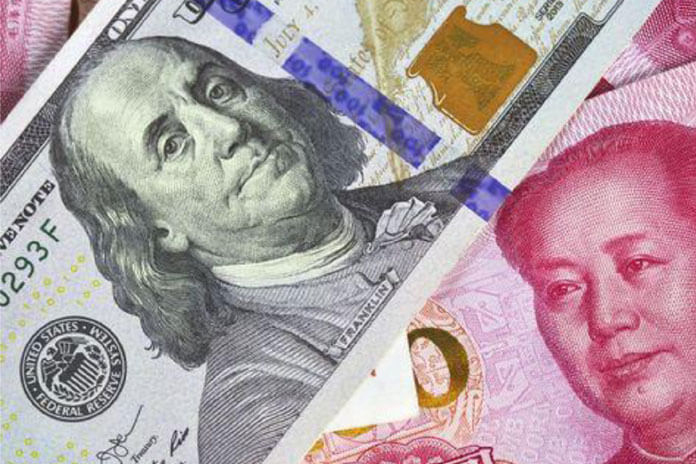Money can actually carry all kinds of germs, research shows..
Tues. Feb. 18, 2020 (Prevention)– The Chinese government has taken extreme measures to prevent the spread of novel coronavirus, like banning travel and building a new hospital in 10 days. But now, Chinese banks are deep-cleaning and even destroying potentially infected money, according to a press release from the Chinese government.
Under current law, Chinese banks must disinfect their money with ultraviolet light and high temperatures and store it for seven to 14 days before it can be released to the general public. The goal is to help contain the spread of novel coronavirus, which has infected more than 71,000 people in the world and is responsible for 1,775 deaths, according to the most recent data from the World Health Organization (WHO). The vast majority of novel coronavirus cases are in China, where the virus originated.
While there’s still a lot experts don’t know about this form of coronavirus, it seems like it can survive for at least several hours on surfaces, the WHO says. It is also known to spread through respiratory droplets from infected people.
As of now, there are 15 confirmed cases in the U.S., and experts stress that these cases are well contained. Still, these recent measures raise a lot of questions about how sickness spreads, even when it comes to your typical cold or flu. Here’s what you should know..
Just how germ-infested is money?
No one ever claimed money was clean, but research has found it can actually carry all kinds of germs. One 2017 study published in Frontiers in Microbiology collected $20 bills from 12 hospitals and three metro stations in Hong Kong and swabbed them to see if certain bugs could thrive on the surface. Researchers also took samples from people’s hands, the air, and drinking water.
The researchers found that the money contained a larger variety of bacteria than any of the areas they tested, and 36% of all of the bacteria had the potential to make you sick. Among other things, they found E.coli and Clostridium difficile, which can both cause diarrhea and severe illnesses.
But can money really spread diseases and make you sick?
Yes and no. “You have to draw a distinction between what you can culture off of a coin or bill versus what poses an infectious disease threat,” says infectious disease expert Amesh A. Adalja, M.D., senior scholar at the Johns Hopkins Center for Health Security. “You can find any germ on money—anything that can be on your hand can be on money.”
But that doesn’t mean those germs will necessarily make you sick when you encounter them on your cash, Dr. Adalja says. Flu viruses, for example, can survive on hard surfaces for 24 hours, but they can only survive on surfaces like tissues for 15 minutes, Dr. Adalja says. On your hands, it’s even less time. “It’s important to remember laboratory-based studies don’t necessarily reflect the conditions in the community and, regardless, this means is not the major mechanism of viral spread,” Dr. Adalja says.
So, unless you’re licking your money or putting your hands in your mouth after handling cash that’s given to you by someone with the cold or flu, it’s unlikely to make you sick.
In the case of coronavirus, cleaning money is “not substantially going to change the impact of how the virus is spread,” Dr. Adalja says. “It’s not people exchanging money that’s spreading coronavirus.” The same is also true for the flu and common cold, which are much more common in the U.S., Dr. Adalja says. “Money changing hands is not the main way these illnesses spread,” he says.
Coronaviruses (and other illnesses like cold and flu) are usually spread from an infected person to others through the air via droplets that are released when they cough or sneeze, according to the CDC. Those droplets are then breathed in by others, infecting them in the process. These illnesses can also be spread through close contact, such as touching or shaking hands, or by touching a surface that was contaminated with the virus and then touching your mouth, nose, or eyes before you wash your hands.
Of course, money is still dirty. If you want to be extra careful about handling your cash, Dr. Adalja recommends practicing good hand hygiene (wash thoroughly for 20 seconds with soap) after you touch money. As for actually sanitizing it, that might be a little extreme. “There’s no harm in doing it, but I don’t think it’s going to make a big difference,” Dr. Adalja says.

